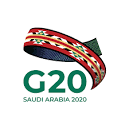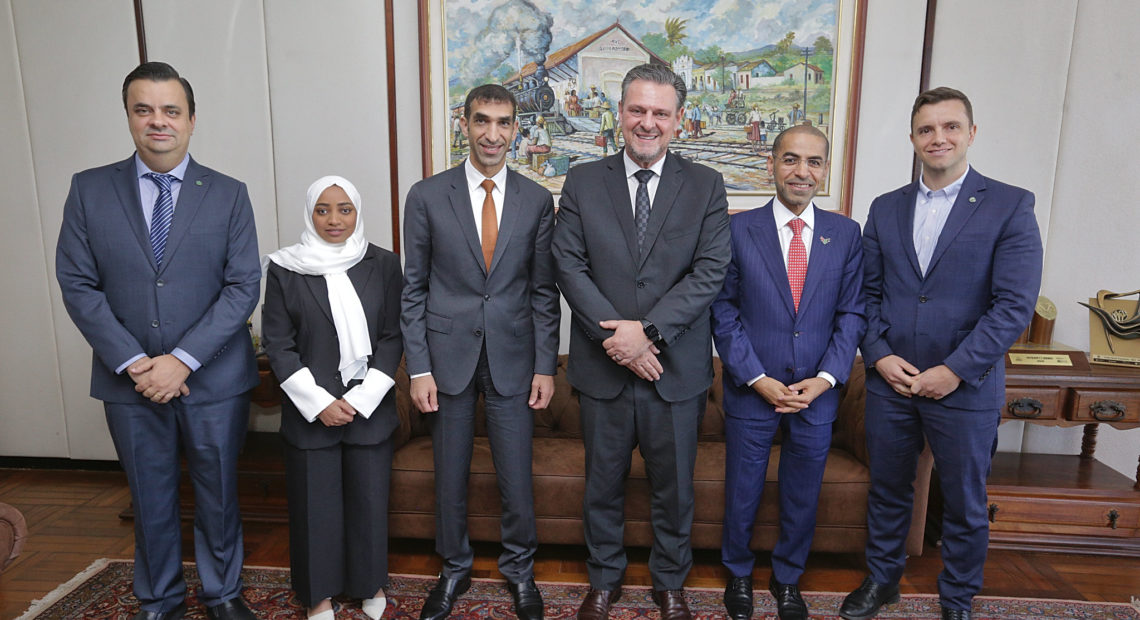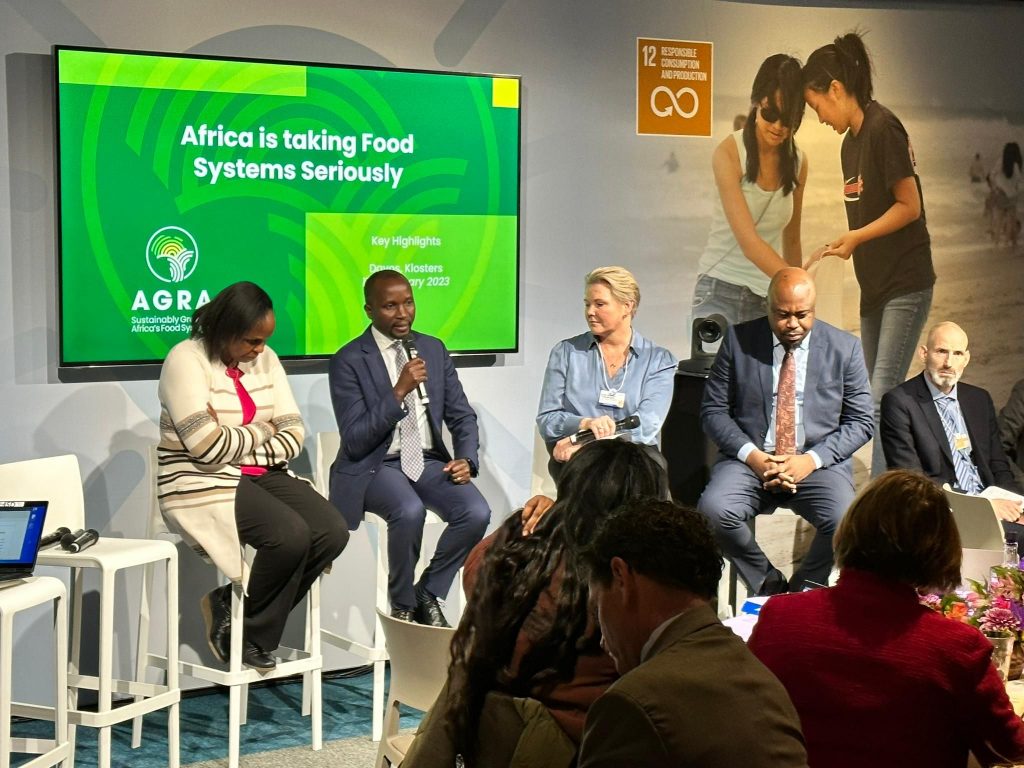DUBAI: Agriculture and food ministers from the Group of 20 countries agreed at a virtual meeting on Tuesday that emergency measures to stop the spread of the new coronavirus must not upend global food supply chains.
Their extraordinary meeting came as coronavirus lockdowns across the world slow global food supply chains, leaving some farmers unable to get their produce to consumers and major producing countries restricting exports.
“We agree that emergency measures in the context of the COVID-19 pandemic must be targeted, proportionate, transparent, and temporary, and that they do not create unnecessary barriers to trade or disruption to global food supply chains, and are consistent with World Trade Organization (WTO) rules,” a final statement emailed by the group said.
A senior World Bank official, Mari Pangestu, also warned at Tuesday’s meeting against import barriers and export restrictions, urging global cooperation to avert food crises.
The G20 ministers said they would guard against any measures leading to excessive food price volatility in global markets or that threaten food supply.
Staple grain supplies are plentiful globally but some producing countries have indicated they would limit their sales abroad to prioritize domestic supply.
The limitations come as major food importers strive to beef up their own reserves by upping purchases from abroad.
Russia, the world’s largest wheat exporter, said last week it would suspend grain exports to July 1 once an export quota it had set of 7 million tons was exhausted, an event now likely to happen in mid-May.
If Russia’s quota is depleted by that date it could upend purchases made by Egypt last week to up its stocks.
Egypt, the world’s largest buyer of the grain, booked 180,000 tons of Russian wheat in two purchasing tenders in its quest to up its reserves.
On Tuesday, the G20 ministers also cautioned against food waste, saying it could “exacerbate food insecurity and nutrition risks and economic loss.”
Lockdowns have hit some farmers hard as demand from restaurants and other buyers vanished, and trashing crops has in some cases became more economically viable than paying for labor and transport to sell it.
“The coronavirus crisis is a wake-up call for the whole world — joint action and solidarity are what is needed at this time,” UAE minister of state for food security Mariam bint Mohammed Almheiri said at the meeting, adding that global food supply chains were facing “serious disruptions.”
Saudi Arabia’s minister for environment, water and agriculture, Abdulrahman Al-Fadhli, said his country would work with other states and organizations to make sure food supply chains remained resilient as the battle against Covid-19 continues, the ministry said.
The Gulf states are dependant on food imports for between 80% to 90% of their local demand.




